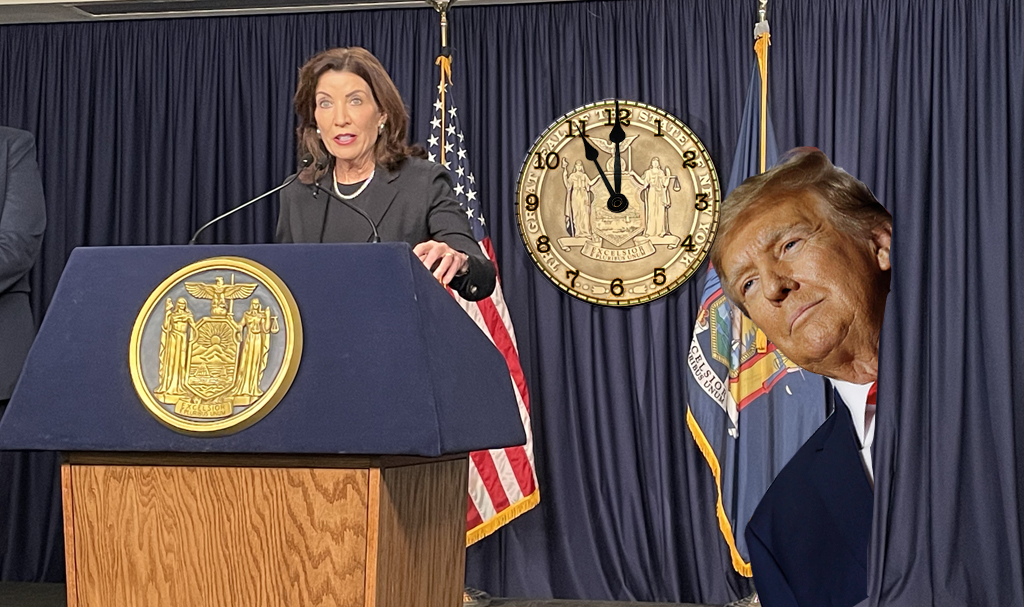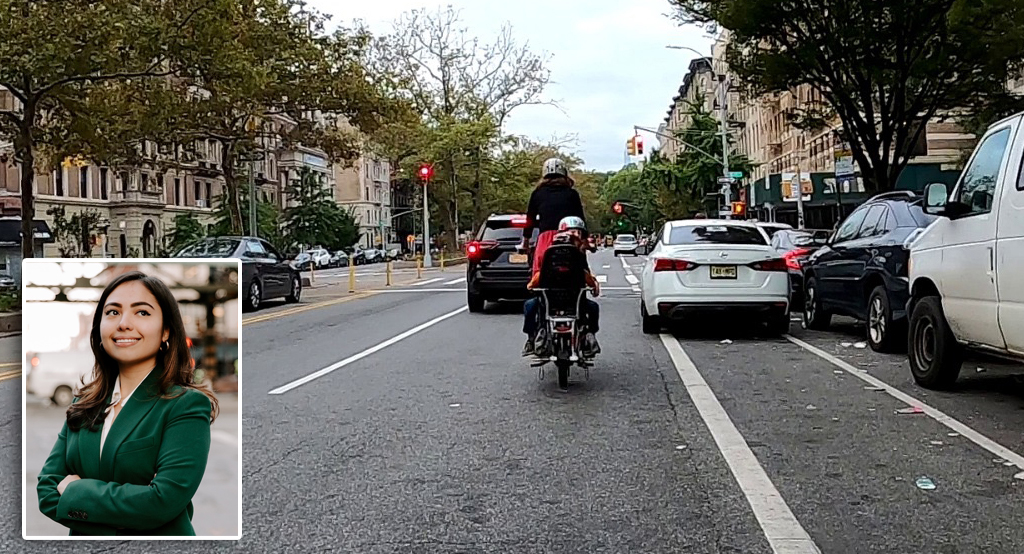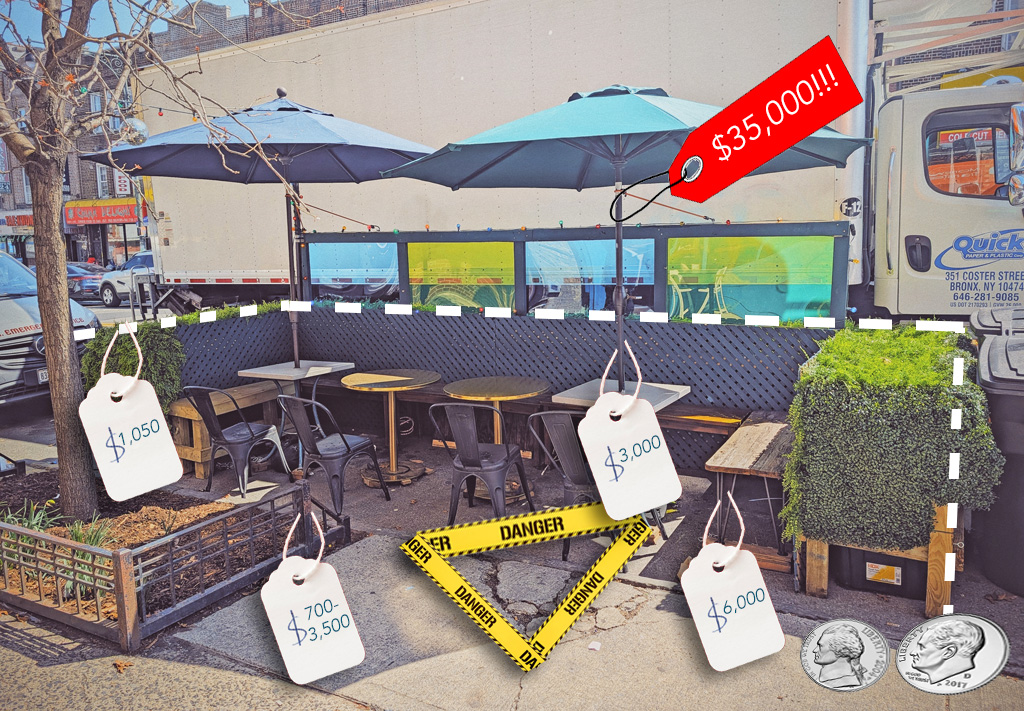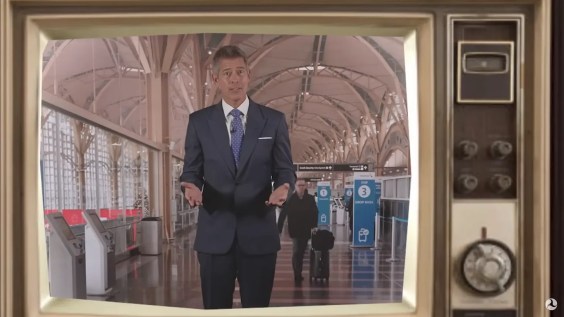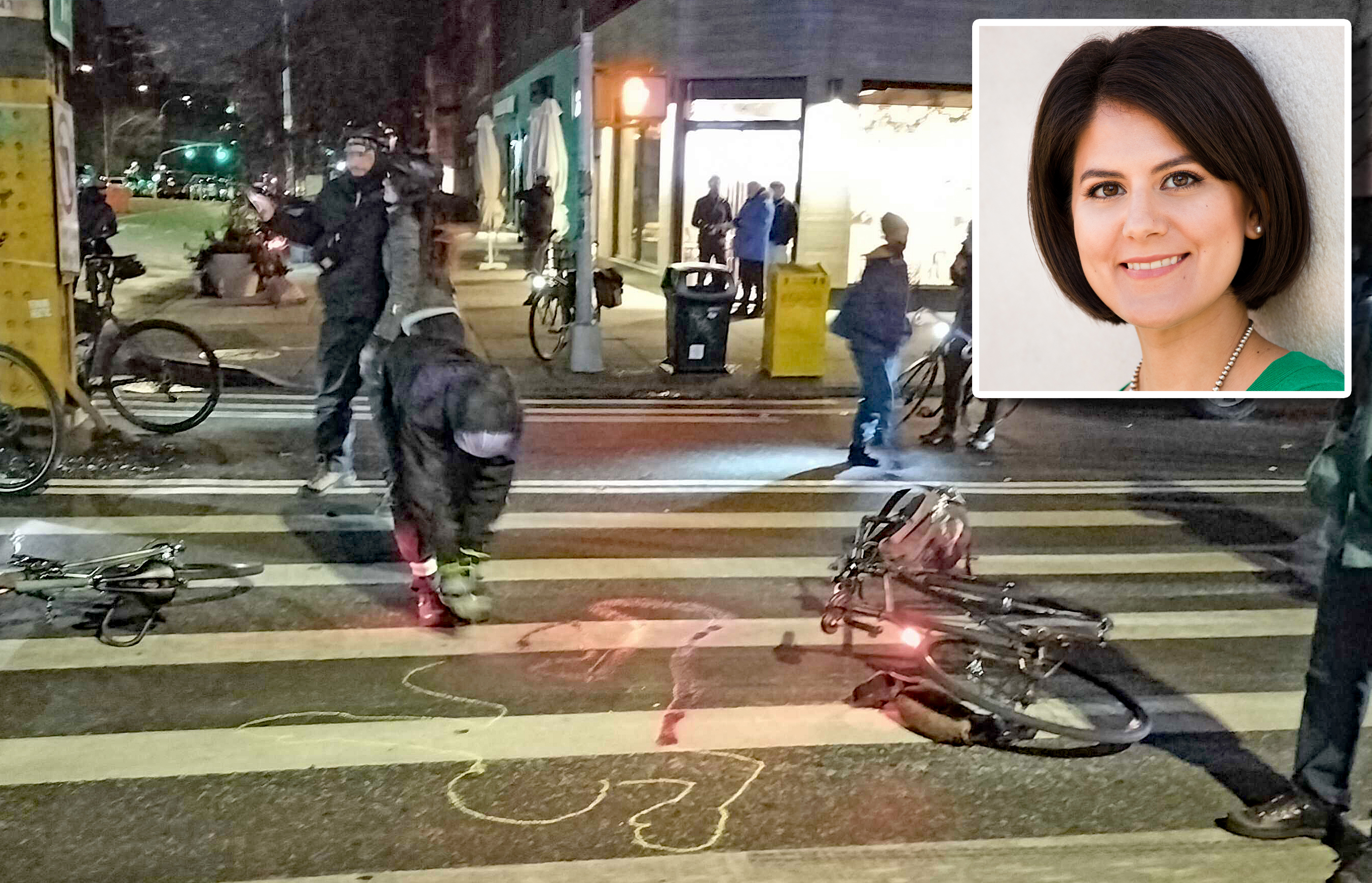New president, same spineless governor.
With $15 billion in crucial MTA funding on the line, Gov. Hochul is showing no urgency to "un-pause" congestion pricing before the Jan. 20 inauguration of Donald Trump, who has vowed to "terminate" the tolls in his first week in office.
That leaves Hochul with little time to institute congestion pricing before it's off the table entirely — especially if she wants to change the toll rates recommended and approved by her her hand-picked Traffic Mobility Review Board and hand-picked MTA Board as part of a years-long federal approval process that had been stalled by then-President Trump's Department of Transportation.
On Wednesday, with the pall of Trump's re-election hovering over her office, Hochul refused to light a fire under her own assiduousness, giving essentially the same answer she's given since she paused congestion pricing when asked if she would turn on the tolls before Trump takes office.
"This is a scenario that we planned for. ... Before the end of the year, in a timely enough frame, we will have our announcements and a plan and a funding plan," said Hochul — providing no details of her plan, as usual.
And she insisted, not for the first time, that congestion pricing was merely "paused" because the $15 toll was "too much" — yet she failed to explain how she might get a lower toll through an entirely new federal review before Trump takes office.
It's unclear whether Hochul intends to keep congestion pricing or try to find major project funding for the MTA elsewhere — a tricky proposition with the also partially unfunded MTA 2025-29 capital plan on the horizon.
Activists were concerned at the Gridlock Governor's lack of urgency.
"If the governor can revive the current plan, or something closely approximating the current plan, with haste, we can get it up running and make it a little bit more durable, but the window to do that is narrow," said Justin Balik, a former state transportation official who now serves as the state program director for Evergreen Action. "Hopefully, the governor is looking at the potential ramifications and there's some urgency that we can act on."
Trump's pledge to kill congestion pricing gives Hochul just 75 days to get any changes to the price of the toll or new exemptions or discounts approved by the Joe Biden-led Federal Highway Administration, which in June approved the fees and exemptions Hochul's administration previously settled on.
Trump's victory would be an easy way for Hochul to bury a policy she inherited from the state Legislature and her disgraced predecessor Andrew Cuomo, but allowing it to die would have actual, dire consequences for New York City's transit system. The MTA paused $16 billion worth of capital projects this summer because it had no way to pay for them once Hochul paused the tolls.
"Gov. Hochul must race against time to secure the money New Yorkers need to fix our aging subway and protect riders from climate change," said Riders Alliance Director of Policy and Communications Danny Pearlstein. "Right now, our governor must fund the reliable trains and accessible stations that she paused for political gain."
Mayor Adams didn't use his own post-election presser to urge the governor to act, even though he would benefit politically from a well-funded transit system and less congestion and road violence in Manhattan.
"She's the leader on this, and that's the conversation or question you should raise to her," he said. "I'm in support of whatever methodologies the governor chooses to use as we move forward. ... So whichever method she decides, I'm in partnership with the governor."
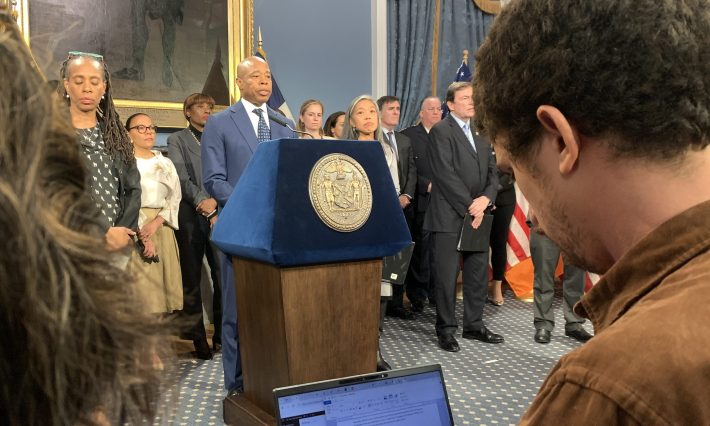
Hochul's decision to pause the tolls ended up not even serving her political goals, with experts saying the issue barely registered in Tuesday's vote, even as Democrats won three Republican-held suburban congressional seats.
“There doesn't seem to be any evidence that congestion pricing affected who did well and who did poorly [on Tuesday] night. I don't think congestion pricing is the difference between Mondaire Jones losing [to Republican Mike Lawler] and Josh Riley winning [in the Hudson Valley]. I don't think Laura Gillen [a Democratic challenger on Long Island] attributes her victory to congestion pricing being suspended," said Evan Roth Smith, a New York-based political strategist and pollster. "But if she suspended congestion pricing to benefit Democrats at the ballot box in the general election, then that part has been accomplished, [so] now’s the time to implement it."
— with David Meyer
